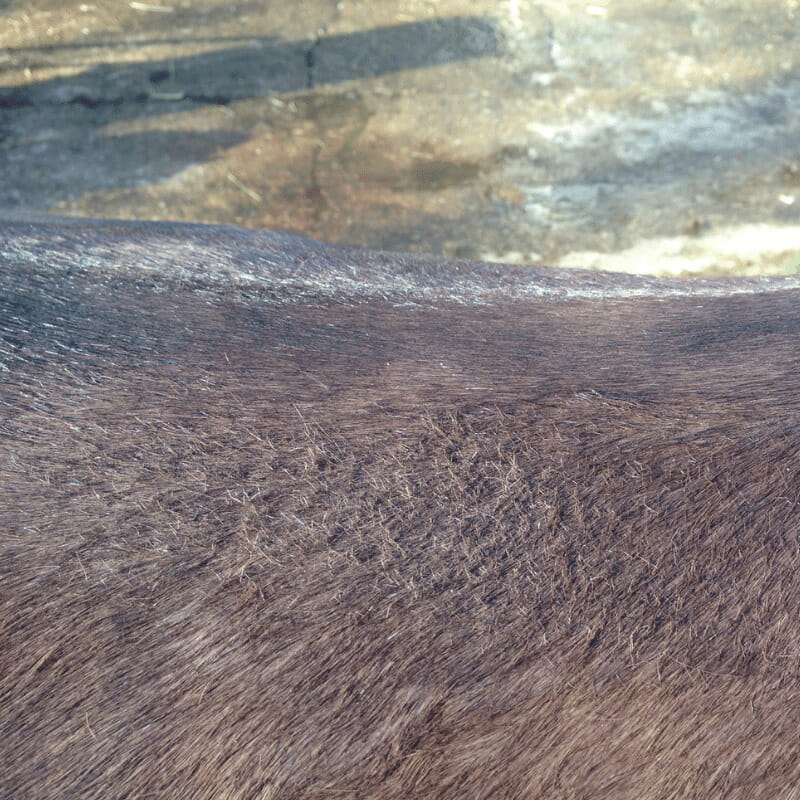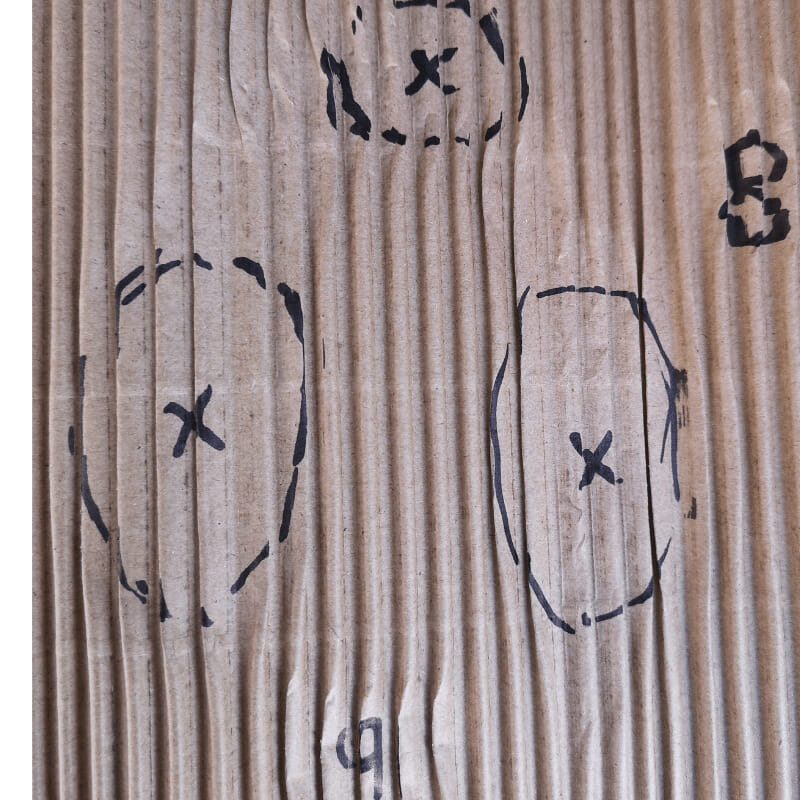
Saddle Fit for Horse and Rider – Part 1
Contributed by Steph Bloom
Back in the bad ol’ days, horses suffered very obviously from ill-fitting saddles. Pustulous withers, huge white hair patches, raw girth galls and patches at the back of the saddle were all more common than they are today. Those times won’t be missed!
Of course many horses didn’t show these symptoms but how many were eventually retired, or worse, with no-one ever really knowing what the root cause of their lameness or their being “cold backed” was.
These days we know so much more about saddle fit – the internet has brought a mountain of information to riders and owners and yet it’s still very common for problems to only become apparent a fair way down the line when careful attention should really have led to earlier intervention.
So what do we need to think of, and look for, to avoid ending up with an ill-fitting saddle?
Obvious “normal” fitting issues
This is where you can certainly read up on the internet. Many organizations, fitters, bodyworkers and vets have written about saddle fit issues citing hair movement, swellings, rubbed hair and saddle slip as obvious issues that require the saddle to be checked and adjusted as soon as possible.
If you want to check your saddle yourself then there are guides widely available from various sources on the internet, with 9 points, perhaps more, perhaps fewer, depending on the source, of correct saddle fit. These can be useful, but they do not all agree, and may not apply to your particular saddle, or your fitter’s particular approach.
I would recommend asking your fitter what aspects of the fit, such as clearance under the pommel, would be useful to check regularly, before more obvious clues such as hair movement become apparent.

Read on to the next post where I write about what to do if your saddle fits but your horse isn’t happy.





